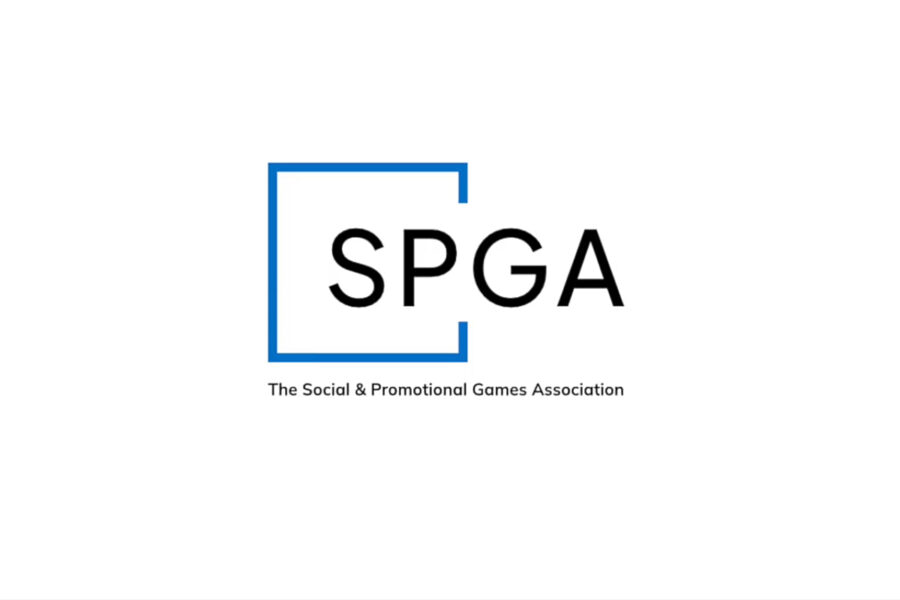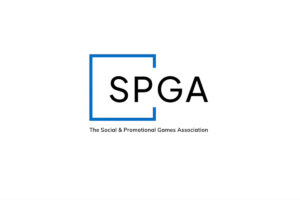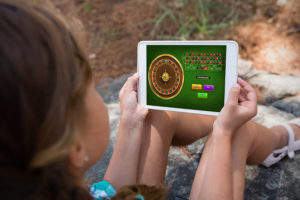SPGA: “Our mission is to highlight the well-established legality and legitimacy of social sweeps games”

Focus Gaming News spoke to a spokesperson from the Social and Promotional Games Association (SPGA) to know more about this recently created trade association which advocates for clear regulations that allow the sweepstakes games industry to flourish
Exclusive interview.- The Social and Promotional Games Association (SPGA) is an association of social and promotional gaming platforms that operate in the United States. It was created in September and it aims to promote best practices, ensure compliance with regulations, and advocate for the interests of both our industry and the players who enjoy legal social and promotional games (most commonly known as sweepstakes). To learn more about SPGA’s mission, goals and plans, Focus Gaming News spoke to a spokesperson of the association.
How was the Social and Promotional Games Association (SPGA) formed?
The SPGA was formed in September 2024 to provide stakeholder education and advocate for the responsible operation of social sweepstakes games. Its mission is to highlight the well-established legality and legitimacy of social sweeps games. As online social sweepstake games continue to grow in popularity, the SPGA and its members are working to ensure that adults can continue to enjoy the entertainment and fun that these games provide safely and responsibly. The formation of a trade association such as the SPGA showcases the growing maturity of this sector.
What are your short-and medium-term objectives?
The sector has been the subject of some ill-informed comments in recent weeks and so the SPGA is looking to provide an information resource more aligned with the reality of the sector’s legitimacy; as well as providing regulators, policymakers, and consumers with a comprehensive understanding of how this legal business sector operates.
One of the reasons we have established the SPGA is for its members to show that we operate best-in-class consumer protections as standard and that responsible gaming is a priority.
It’s important to note that we can only speak on behalf of our members. While all companies in the social sweepstake space can apply to join SPGA, they can only be accepted as members if they pass mandatory standards of best practice.
“The SPGA is looking to provide an information resource more aligned with the reality of the sector’s legitimacy.”
How many members does the SPGA currently have, and do you expect to add more in the future?
The SPGA consists of eleven founding member companies, representing professionals and leaders in the social and promotional games industry. Since launch, more companies have joined, and we have been fielding membership inquiries ongoing, with the expectation that the association will represent the interests of the majority of key industry brands.
Many people are unfamiliar with sweepstakes and their regulatory framework. Could you briefly explain their current legal status in the United States?
Sweepstakes contests and prizing has been a long-standing, legally-sound method for promoting all kinds of everyday businesses in the United States. You can see them used to popularise everything from burgers to magazine subscriptions, to coffee and home improvement stores, and more. Sweepstake promotions are regularly used by a who’s who of household names like AT&T, Chase, Home Depot, Marriott, Starbucks, and Wal-Mart.
Sweepstakes prizes for social games, including social casinos, work in the same way and are just as legally compliant; played by millions of American adults who enjoy the entertaining free-to-play nature of the games.
No purchase is necessary to play or win prizes in any game or contest that utilizes a sweepstake prize mechanism. All players have access to the same games with the same chance of winning a prize regardless of whether they ever spend money.
You’re likely familiar with something like McDonald’s Monopoly game? Social sweeps games work in the same way. Users sign up and can begin playing with a free token, coin, chip etc (which can also be purchased). The operators of sweeps games can award players with sweeps currency to continue playing, in the same way as they played for free. If at the end of the game the player still has (or has won more) sweeps currency, these can be cashed out for prizes.
What plans or educational campaigns do you have to raise awareness and knowledge about sweepstakes?
The SPGA is developing educational resources for consumers so they can safely and responsibly participate in social sweepstakes entertainment experiences. The association will work to establish industry-standard mechanisms to address consumer complaints and ensure fair treatment.
Although only in existence for one month, the SPGA is already setting up specialist committees, comprised of highly qualified executives from its membership plus legal and regulatory specialists, to assist in developing these resources.












